Table of Contents
Public Expenditure:
The increased participation of the government in economic activities has brought public spending to the forefront among the fiscal instruments. The appropriate variations in public spending can have a more direct effect on the level of economic activity than even taxes. The increased public spending will have multiple effects on income, output, and employment exactly in the same manner as increased investment has an effect on them. It means increased public spending will increase income, output, and employment as a result of the multiplier effect. A reduction in public spending, on the contrary, can reduce the level of economic activity through the reverse operation of the government expenditure multiplier.
However, public expenditure policy relates to government expenditures for:
- The general functions of government.
- The stabilization function: our concern here is with the aspects of public expenditure policy that relate to economic stabilization.
As a general rule, it may be said that government spending is inflationary, in the sense that it releases into the private economy funds which are then available for use in the course of trade and business. And a reduction in government spending is deflationary.
Public Expenditure Policy During Inflation:
The principal cause of inflation in a country is excessive aggregate spending. Both private consumption and investment spending are abnormally high. Therefore, the public expenditure policy must attempt to reduce government spending. It should, however, be noted that government spending which is productive in nature should not be reduced, as it may aggravate further the inflationary pressures. However, a reduction in unproductive government expenditure may be helpful in dampening the inflationary pressure. The expenditure reducing policies during inflation thus, may be helpful in curbing inflationary pressures. But, it has also been pointed out that there is a minimum beyond which it may not be possible to reduce government spending due to political and social pressures even on unproductive items like school buildings, parks and defence, etc.
Public Expenditure Policy During Depression:
It is during the depression that public spending assumes greater importance. It is helpful to lift the economy out of stagnation. It should be clearly understood here that recession or depression is the result of sluggish private consumption and investment expenditure. It means that a recession or depression is due to a deficiency of effective demand for goods and services. The deficiency of demand which is the result of sluggish private consumption and investment expenditure can be offset through the additional public expenditure equivalent to the deflationary gap. The multiplier effect of public spending will neutralize the depressing effects of lower private spending and pave the way for economic recovery.
Alternative Measures:
Alternative fiscal measures to counteract depression is a policy of tax reduction. According to L. G. Reynolds, a policy of tax cut is superior to increased public expenditure during the depression because of the following reason:
In the first place, it is said that the tax structure is relatively more flexible than that of public spending. Tax variations can be possible whenever the system takes a turn either toward boom or depression. Such quick changes in public spending can never be contemplated. For instance, even if the funds for certain projects are approved, the acquisition of sites, preparation of blueprints, and assembling of labor and materials must take a period of 6 to 12 months.
Secondly, it is notoriously easier to expand government activities than to curtail them. Therefore, the decision on public spending should be primarily guided by long-run rather than cyclical considerations.
In contrast, Dernburg and McDougall have also given two reasons, why the changes in government expenditure are more desirable than tax variations.
- In the first place, it is said that tax changes are less high-powered than changes in government expenditure because the government multiplier (Kg) is greater than the tax multiplier (Kt) and the increase in public spending by a specific amount can expand the aggregate income by a larger amount than an equivalent tax cut.
- Secondly, the recession seems to be an ideal time for the construction of badly needed social capital. It means public expenditure has the most favorable effect during a recession if it is used for the construction of social capital since it increases the level of employment and income as a result of the multiplier effect. It is, thus, obvious that public expenditure can play a crucial role in achieving and maintaining economic stability.

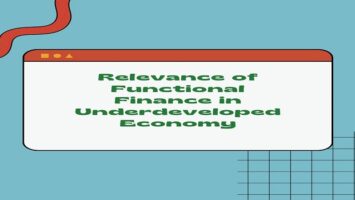
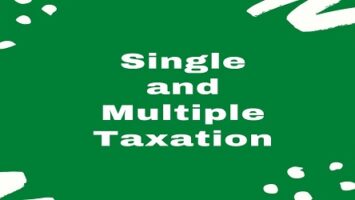
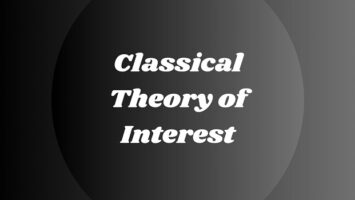
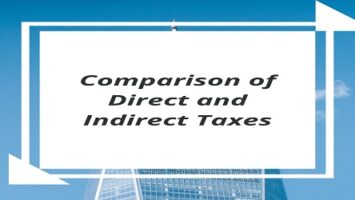


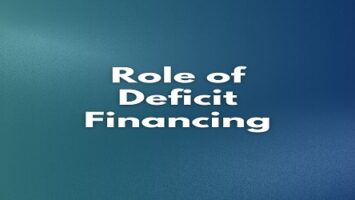

Comments (No)